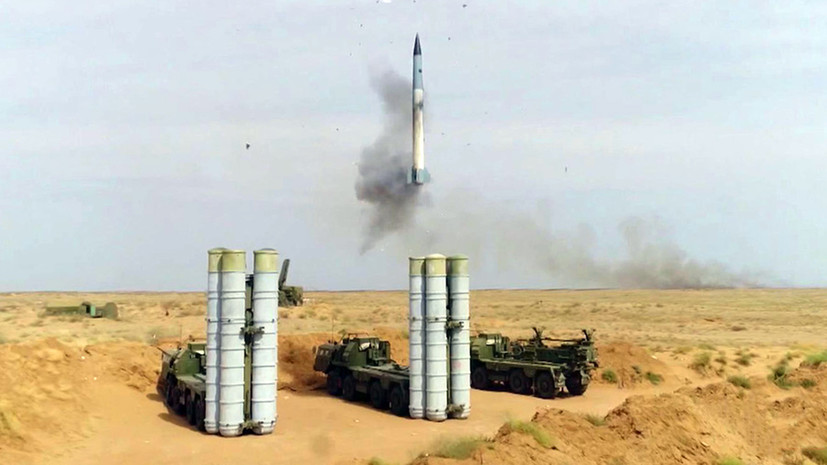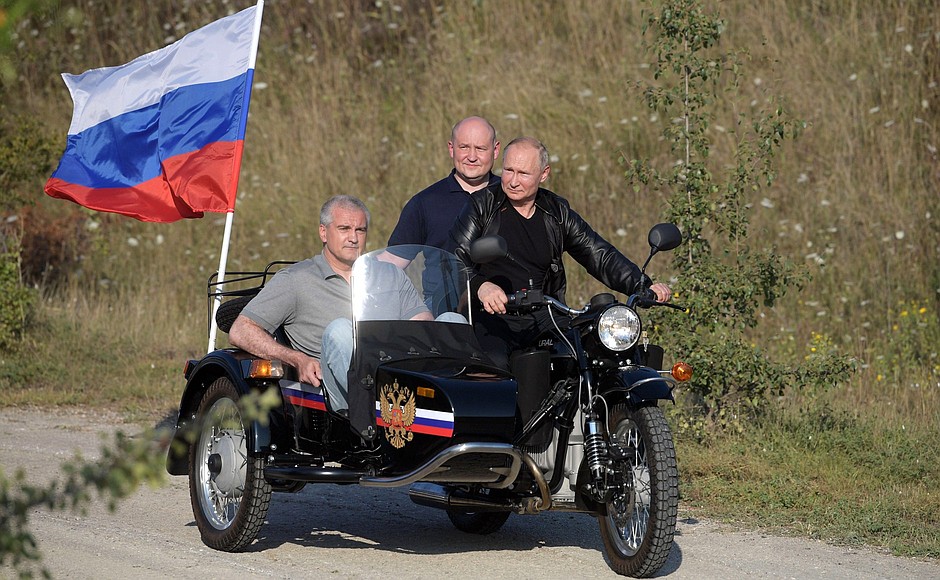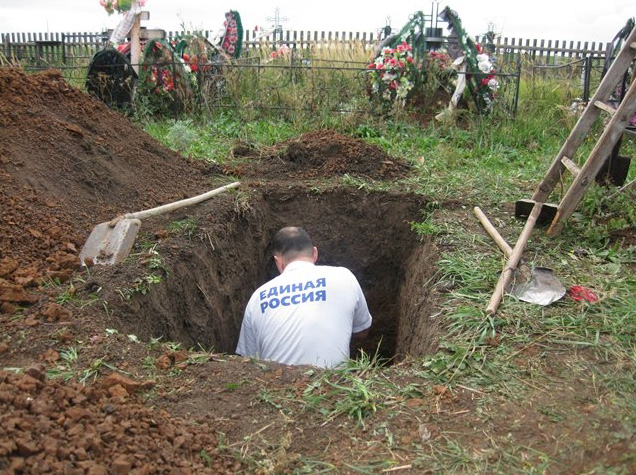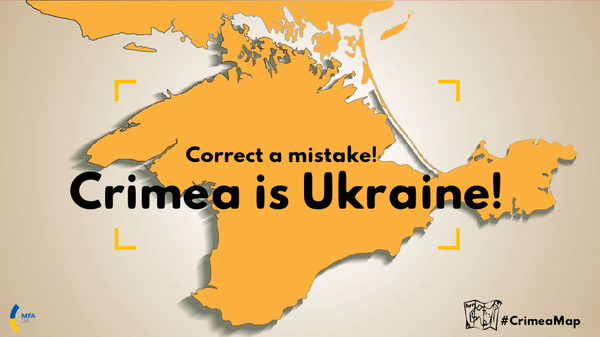Three days ago, Pavel Felgenhauer published in Moscow's Novaya gazeta an article headlined “The Dependence of Russia on China is Growing with Each Passing Day.” It has now been taken down, something that only highlights its importance and does nothing to keep people from reading it.
That is because in the age of the Internet, suppressing articles is typically a fool’s errand, given that most are reposted elsewhere as in this case (charter97.org and censoru.net) and that suppression only encourages people to read what they might otherwise have ignored.
Felgenhauer is one of Moscow’s most respected independent military analysts, and this article is important not only for what it says about Russia’s increasing dependence on China for military technology, a reverse of what was true only a few decades ago, but also about the shifting geopolitical balance toward China at Russia’s expense.
The military analyst devotes most of his article to the way in which Russian officials blamed their inability to deliver on a military contract by saying that the equipment had been lost at sea. But this is obviously a cover for something more serious – the inability of Russia to meet its obligations and deliver the most advanced systems.
Claiming that equipment has been lost at sea, Felgenhauer points out, was “a classic Soviet means” of dispensing with outdated products and escaping responsibility for meeting its contractual obligations. What is worrisome is that nearly three decades after the end of the USSR, Moscow continues to use the same means.
China has been living under sanctions concerning dual use goods since the Tiananmen Square bloodbath. That forced Beijing to move quickly toward import substitution.
According to Felgenhauer, “in the 1990s, a comparatively poor and backward China had to buy in Russia what it couldn’t get in the West,” although Moscow was not willing to sell everything Beijing wanted. Nonetheless, “much then came from Russia into China.” But today, Russia, because of the sanctions imposed on it, can’t provide as many high-tech items.
Unlike China, which has been largely successful in import substitution, Russia has not made much progress, Felgenhauer says.
And that has had another consequence that reflects the changing balance between Russia and China: Russia is now buying military equipment from China that it cannot now produce on the basis of its own resources. “China still needs Russia,” Felgenhauer concludes, but talk about equality in their relations is “ever less” true, as the balance shifts away from Moscow.
Read More:
- Russia to buy frigates from China
- China now building five frigates a year: Russia only one every ten
- Both Russia and Ukraine ready for new expansion of war, Felgenhauer says
- ‘Undoubtedly Russia has put nuclear weapons in occupied Crimea,’ Felgenhauer says
- China reopens Siberian river diversion debate that divided Soviet society before 1991
- Russian fears about China’s aspirations east of the Urals on the rise
- Beijing ready to pump water out of Russia’s Lake Baikal for China’s domestic needs





